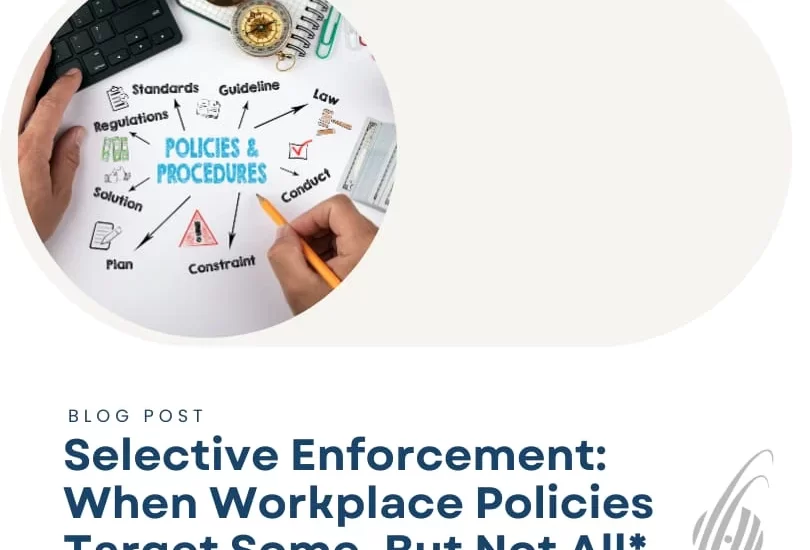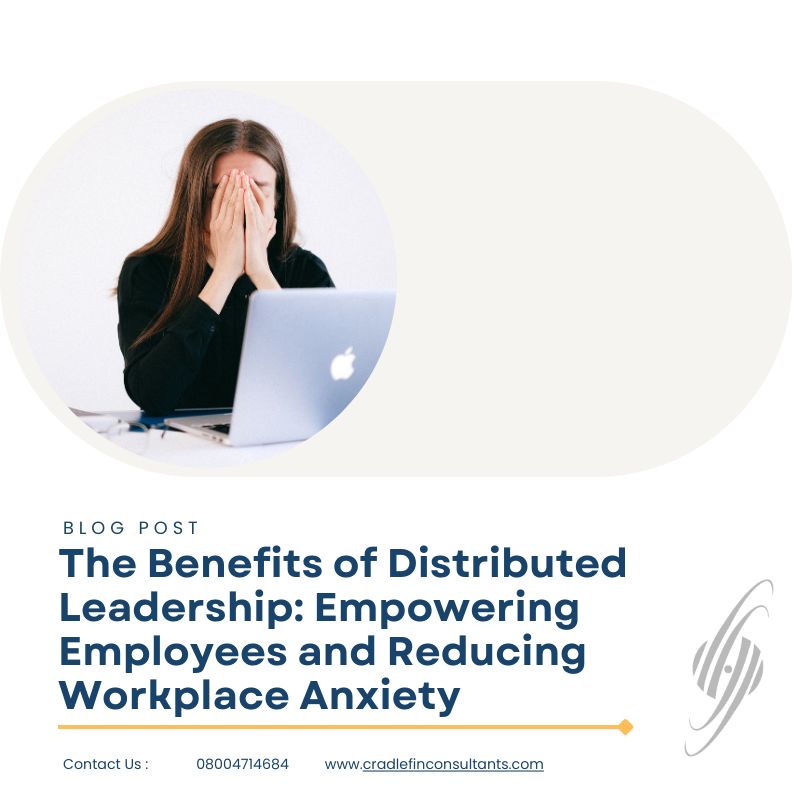Imagine two employees both late to work. One gets a warning. The other, nothing. Sound unfair? It is. Selective enforcement is when a company’s rules apply unfairly. It can cause huge problems.
Selective enforcement means using workplace rules unfairly. This article looks at the legal problems. It also covers the morale issues. It shows how it affects the workplace.
Understanding Selective Enforcement in the Workplace
Selective enforcement is about unfairly using rules. It’s important to know what that really means. This helps you understand the core issue.
What Constitutes Selective Enforcement?
Selective enforcement happens when a business treats workers differently. It’s about how they follow company rules. If some get punished, while others don’t, that is selective. This difference needs a good look. This is especially true if the reasons aren’t clear.
The Difference Between Selective Enforcement and Legitimate Disciplinary Action
Good discipline is fair. Selective enforcement isn’t. Good discipline uses reason, company rules, and past events. It needs records to back it up. Selective enforcement lacks these things. It feels personal and unfair.
Why Does Selective Enforcement Happen?
Why does this happen? Many things can cause this. Bias plays a part. Favouritism is also a factor. Managers might lack training. These reasons can cause unfairness.
The Legal Ramifications of Inconsistent Policy Application
If a company uses its rules unfairly, it can face lawsuits. It’s important to know these dangers. This can help businesses avoid costly mistakes.
Discrimination Claims Based on Protected Characteristics
Selective enforcement can lead to bias claims. This is when rules unfairly hurt people. It affects people because of race, gender, religion, age, or disability. Laws such as the Civil Rights Act protect workers. These laws stop workplaces from being unfair.
Retaliation Claims
Rules are sometimes unfairly used as revenge. This targets employees who reported problems. It can be those who complained, or blew the whistle. This is called retaliation. It’s against the law.
Constructive Dismissal
A pattern of unfair rules can be too much. It creates a bad work environment. The worker might feel they must quit. This could be constructive dismissal. They can then sue the company.
The Impact of Selective Enforcement on Employee Morale and Productivity
Selective enforcement hurts how people feel at work. It affects their motivation. It also hits how much work gets done.
Erosion of Trust and Respect
When rules aren’t fair, trust goes away. Employees don’t respect managers. This hurts the whole work environment. It makes everything harder.
Reduced Engagement and Motivation
Unfair treatment makes people not care. They don’t work as hard. They might miss work more often. Selective enforcement takes a toll.
Increased Turnover Rates
People quit when things are unfair. Selective enforcement makes workers unhappy. It’s likely they’ll leave the company. This costs the company money.
How to Identify Selective Enforcement in Your Workplace
How can you spot selective enforcement? Here are some things to look for. These tips will help you see problems early.
Analysing Disciplinary Records
Look at who gets in trouble. Cheque for unfair patterns. If one group gets punished more often, find out why. Cheque disciplinary records for clues.
Gathering Employee Feedback
Ask employees what they see. Use surveys and talks to find problems. Workers often know if rules are unfair. Their views are important.
Comparing Treatment of Similarly Situated Employees
See how similar employees are treated. Are some getting better deals? If so, that might be unfair. Compare their situations carefully.
Best Practises for Ensuring Fair and Consistent Policy Enforcement
Here’s how to make sure your policies are fair. Follow these steps to prevent problems. A fair workplace is a better workplace.
Develop Clear and Unambiguous Policies
Write rules that are easy to understand. Make sure everyone knows what’s expected. Clear policies prevent confusion.
Train Managers on Fair and Consistent Application
Teach managers how to be fair. Show them how to use rules the right way. Good training makes a big difference.
Document All Disciplinary Actions
Keep good records of everything. Write down why you took action. Good records protect the company.
Establish a System for Reporting and Investigating Complaints
Have a way for workers to report problems. Investigate those reports carefully. A good system builds trust.
Conclusion
Using rules fairly is very important at work. Unfair rules cause legal issues. They also hurt how people feel. Make sure your company treats everyone fairly. Take steps to make it so.



